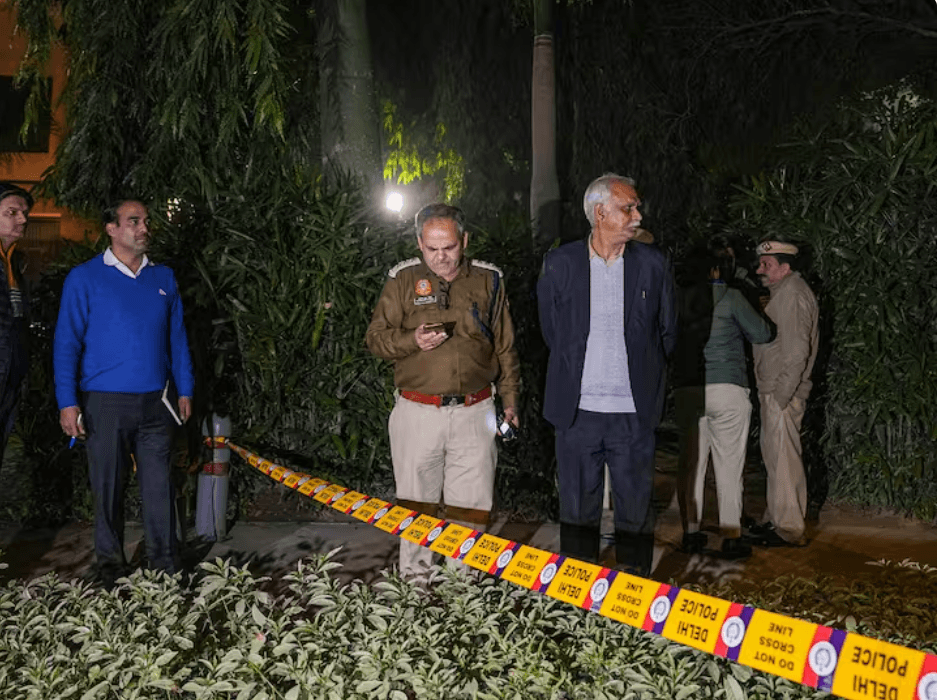The Israeli National Security Council (NSC) has released a travel advisory for Israeli nationals visiting India following Tuesday’s low-intensity blast near the Israeli embassy in New Delhi.

While no injuries were reported in the explosion that occurred in a green belt area less than 2 km from the embassy, the NSC has recommended steps for Israelis in India to take precautions against potential dangers.
The advisory urges Israeli citizens here to remain vigilant in public spaces including hotels, restaurants, and malls. They have been asked to avoid openly displaying Israeli symbols or publicizing travel itineraries on social media to minimize risks.
Attending large gatherings without adequate security and revealing real-time visuals or information have also been discouraged given worries of recurring incidents.
The recommendations come from a place of abundant caution, NSC officials clarified, as memories remain fresh of the devastating 2008 Mumbai attacks that specifically targeted Jews at the Chabad House and other locations.
Delhi Police Special Cell teams and forensic experts thoroughly inspected the blast site near the embassy in the Chanakyapuri diplomatic enclave on Tuesday evening. Anti-terror agencies like the NIA have also been roped in to get to the bottom of the matter.
In a statement, the Israeli Foreign Ministry confirmed there were no casualties due to the explosion and that a joint investigation with Indian agencies is underway. Examining CCTV footage and speaking to eyewitnesses form part of the probe.
While the cause behind the blast is unclear currently, Israeli authorities do not wish to take any risks regarding the safety of their citizens considering India’s global terrorism vulnerabilities. Ties between the two countries remain strong otherwise, officials underlined.
The public advisory puts Israelis here on alert without pressing the panic button for now. However, until the Delhi bomb planter is nabbed, apprehensions are likely to prevail among Israeli visitors and expats about potential repeat incidents.
